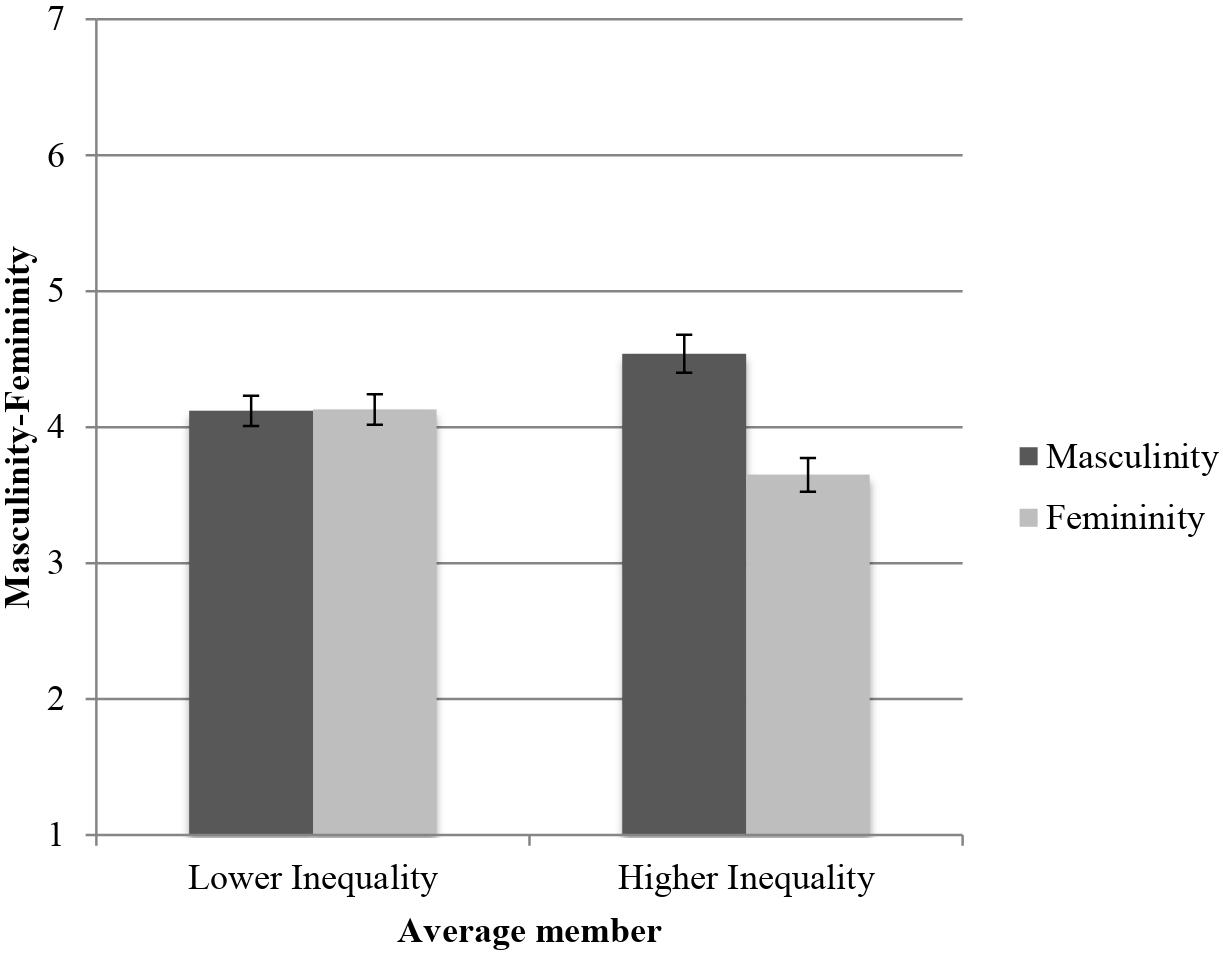 Lastly, successful men often focus on giving back
Lastly, successful men often focus on giving back.
They understand the importance of contributing to their communities and uplifting others. Whether through mentorship, philanthropy, or volunteer work, they recognize that true success is measured by the change they have on those around them. This sense of purpose fuels their ambitions and reinforces their commitment to personal growth.
In the rapid world of today, the pursuit of success often seems like a daunting task. However, many successful men attribute their triumphs to a set of habits that cultivate focus, perseverance, and growth. Understanding these productive habits can pave the way for aspiring individuals to design their own paths to greatness.
Self-control, on the other hand, is the unwavering commitment to personal growth and responsibility. It is the daily practice of self-control, whether in the realm of health, career, or relationships. A disciplined man sets goals and diligently works towards them, understanding that success is not merely a product of desire but a result of consistent effort and perseverance.
Moreover, the importance of strength and discipline extends beyond the workplace. In personal relationships, these qualities are vital for fostering healthy connections. A strong man is capable of providing emotional support to his partner, while discipline ensures that he actively invests time and effort into nurturing those relationships. This balance promotes deeper intimacy and mutual respect, leading to more fulfilling partnerships.
In conclusion, the habits of successful men are not merely about ambition and hard work; they encompass lifelong learning, effective time management, networking, health, and mindfulness. By adopting these practices, individuals can pave their own paths to success, regardless of their starting point. The journey may be challenging, but with the right habits in place, anyone can achieve their dreams.
In recent years, the concept of manhood has undergone a significant transformation, moving beyond traditional stereotypes to embrace a more complex understanding of masculinity. As society evolves, so too do the expectations placed on men, prompting a necessary dialogue about what it means to be a man in today’s world. This shift is not merely a cultural phenomenon but a vital developmental process that aims to foster healthier relationships, emotional intelligence, and social responsibility among men.
In the realm of physical health, strength and discipline are equally crucial. Regular exercise and a balanced diet require a commitment to self-care that many men struggle to prioritize. However, those who embrace these disciplines often find themselves not only in better physical shape but also with enhanced mental clarity and emotional resilience. This holistic approach to health fosters a sense of vitality that permeates all aspects of life.
Historically, manhood was often associated with power, stoicism, and dominance. Men were typically expected to fulfill roles as breadwinners and protectors, with little room for vulnerability or emotional expression. However, as we navigate the complexities of the modern age, these archaic notions are being challenged. Increasingly, men are encouraged to embrace qualities such as understanding, cooperation, and vulnerability—traits traditionally viewed as feminine.
Time management is another cornerstone habit that sets successful men apart. They prioritize their tasks effectively, often using techniques like the Pomodoro Technique or Eisenhower Matrix to maximize productivity. By breaking down tasks into manageable segments and focusing on what truly matters, they can avoid the trap of busywork. For example, Richard Branson, founder of the Virgin Group, emphasizes the importance of planning his day meticulously, allocating specific time slots for meetings, creative thinking, and relaxation. This structured approach not only enhances productivity but also promotes a balanced lifestyle.
Furthermore, the influence of role models cannot be overlooked in the journey of manhood development. Figures from various fields—sports, entertainment, and activism—are stepping up to redefine masculinity. By sharing their own experiences with vulnerability, mental health, and social responsibility, they provide relatable examples for
over here young men to aspire to. This shift in representation is crucial in helping boys and young men understand that true
Building Real Strength lies in compassion, integrity, and authenticity.
Despite the progress made, challenges remain. Many men still grapple with societal pressures to conform to outdated ideals of masculinity, leading to issues such as mental health struggles and difficulties in forming meaningful connections. The stigma surrounding mental health, particularly among men, can prevent individuals from seeking the support they need. It is crucial for communities to continue fostering open dialogues about these issues and to provide accessible resources for those in need.